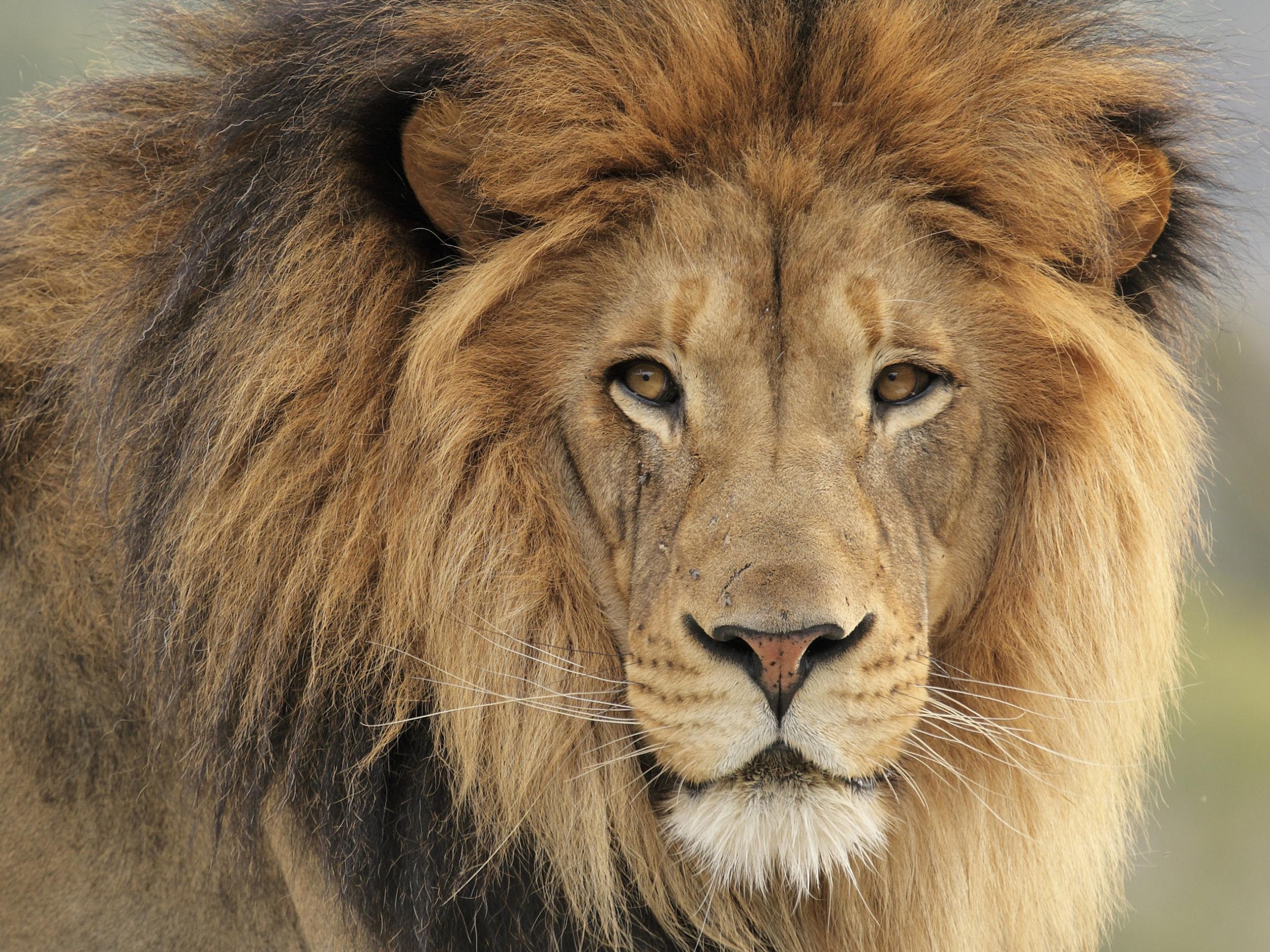Conservatives break pledge to ban lion hunt trophies from being imported into UK
Exclusive: ‘Numbers in the wild are falling and numbers of captive lions are going up, yet it’s never on anyone’s agenda’

Your support helps us to tell the story
From reproductive rights to climate change to Big Tech, The Independent is on the ground when the story is developing. Whether it's investigating the financials of Elon Musk's pro-Trump PAC or producing our latest documentary, 'The A Word', which shines a light on the American women fighting for reproductive rights, we know how important it is to parse out the facts from the messaging.
At such a critical moment in US history, we need reporters on the ground. Your donation allows us to keep sending journalists to speak to both sides of the story.
The Independent is trusted by Americans across the entire political spectrum. And unlike many other quality news outlets, we choose not to lock Americans out of our reporting and analysis with paywalls. We believe quality journalism should be available to everyone, paid for by those who can afford it.
Your support makes all the difference.The government has broken a pledge to ban imports of lion hunting trophies, The Independent has discovered.
In 2015, then environment minister Rory Stewart said the UK would halt imports of parts of the big cats by 2017 unless the hunting industry cleaned up its act.
The following year, his successor Liz Truss repeated the promise in a letter, saying: “Unless we see improvements in the way hunting takes place, judged against strict criteria, we will ban lion trophy imports within the next two years.”
Experts say there have been no improvements to African lion hunting, and wild populations have tumbled from about 20,000 then to about 15,000.
More than 150 MPs have signed a parliamentary motion by Zac Goldsmith calling for a ban on hunting trophy imports.
The government says it keeps the rules under review.
Chris Macsween of the charity LionAid said she was appalled by the broken promise.
“It’s awful. The number of wild lions is falling and numbers of canned [bred in captivity] lions in the cruel shooting industry is going up, yet it’s never on anyone’s agenda. It’s heartbreaking,” she said.
An average of six lion bodies are imported each year but LionAid says a ban would send a message worldwide.
A spokeswoman for Humane Society International said: “The situation in South Africa, which exports more lion trophies than any other country, is exactly the same as in 2016.”
The US lists lions as an endangered species, which means imports of body parts from captive lions are effectively banned.
In 2015 LionAid twice met Mr Stewart, and Ms Macsween said: “During the second meeting, Mr Stewart told us ‘we had won’.”
Mr Stewart promised in November 2015: “Unless there is a significant improvement in the performance of the hunting industry and of those countries, this government will move to ban lion trophies.”
Experts say hunting male lions devastates entire prides.
A male who was head of his pride was shot by a US hunter and as a result several of his cubs were killed and lionesses beaten up
Teresa Telecky, HSI’s wildlife vice president, said: “Last September, the magnificent Greater Kruger lion, Skye, who was head of his pride and in his prime, was lured out of the national park into a private reserve, where he was shot by an American hunter.
“As a result, several of his cubs were killed and some of his pride’s lionesses were badly beaten up as new males sought to take over. The lion dynamics in this region were severely compromised.”
At a rally on 13 April this year, thousands of wildlife supporters will march to Downing Street to call for tougher protections, and for all endangered animals to be exempted from trophy-hunting.
Mr Goldsmith said he was awaiting an update from environment officials.
Asked about the criticisms, the Department for Environment referred to a statement by minister Thérèse Coffey, who said imports were already strictly controlled.
“A permit will only be issued if no detrimental impact on the survival of endangered species is demonstrated and the item has been obtained from a legal and sustainable hunting operation.
“We are looking carefully at this issue and … plan to hold a roundtable discussion with organisations from all sides of the debate to gain a better understanding of the issues as well as consider any further scientific advice.”
Environment secretary Michael Gove has said the rules are constantly under review but stopped short of saying whether a ban would be considered.
Join our commenting forum
Join thought-provoking conversations, follow other Independent readers and see their replies
Comments